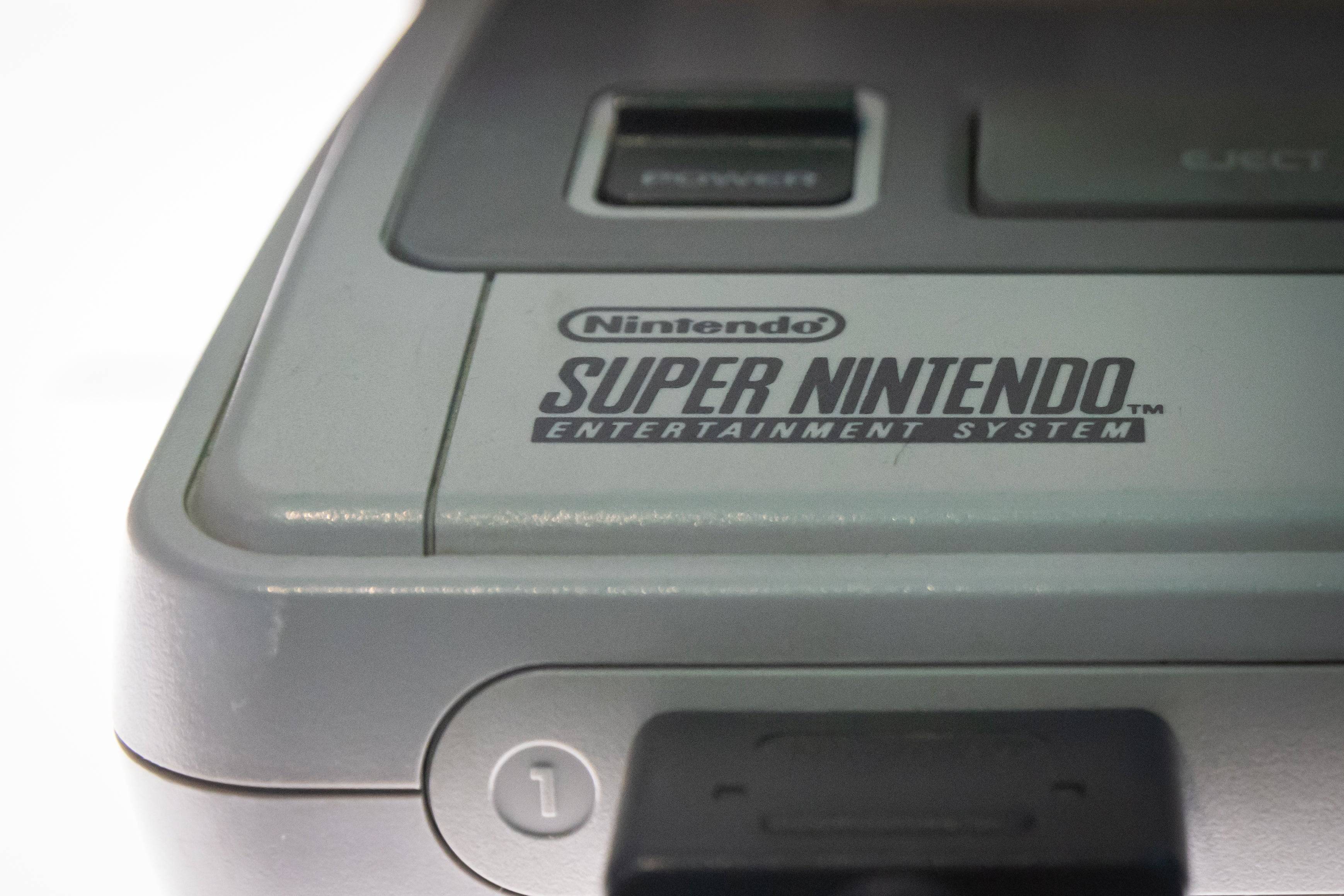Speedrunning Mystery: SNES Games Get Faster Over Time
- By Leo
- Oct 31,2025
The speedrunning community is puzzling over a peculiar technological phenomenon - Super Nintendo Entertainment System (SNES) consoles appear to run games faster as they age.
A Surprising Discovery
Alarms were raised in early February when Bluesky user Alan Cecil (@tas.bot) reported that Nintendo's classic 16-bit console seems to operate slightly faster now than during its production years in the 1990s. This revelation suggests that the nearly 50 million SNES units worldwide might be delivering improved performance in classics like Super Mario World and Super Metroid, rather than deteriorating with age.
While the concept of technology improving over time sounds counterintuitive, Cecil's research points to a specific component that might explain this anomaly.
The Mysterious APU Acceleration
In an interview with 404 Media, Cecil explained that Nintendo's official specifications claim the SNES's audio processing unit (APU) operates at 32,000Hz using a 24.576MHz ceramic resonator. However, retro gaming enthusiasts have found these numbers don't perfectly match real-world measurements, with DSP rates varying slightly based on environmental factors like temperature.

After noticing unusual DSP rate increases, Cecil collected data from SNES owners worldwide. The 143 responses revealed a clear upward trend in DSP rates compared to historical measurements. While temperature variations typically caused modest fluctuations (about 8Hz difference between cold and warm conditions), the overall increase was far more significant - with warm DSP rates now ranging from 31,965Hz to 32,182Hz.
"This suggests temperature plays a smaller role than we thought," Cecil noted in a Bluesky follow-up accompanied by detailed data visualizations. "The real question is: why is this happening, and how does it affect gameplay? We simply don't know yet."
Potential Impact on Speedrunning
Cecil emphasizes that while fascinating, the phenomenon requires further study to understand its full implications. Limited historical performance data makes it challenging to quantify the exact speed increase or determine its root cause.
The possibility of games gradually speeding up has sparked intense discussion in speedrunning circles. In theory, faster audio processing could marginally reduce certain loading times - though experts estimate the effect would likely shave less than a second off most speedruns. The impact would vary by game and wouldn't dramatically affect existing records.
Nintendo Hardware Evolution
For now, the SNES community continues to investigate while celebrating the console's surprising longevity. As Nintendo's iconic 16-bit system approaches its 35th anniversary, it appears to be aging like fine wine rather than obsolete technology. Those curious about the SNES's legacy can explore its place among the best-selling consoles of all time.
Latest News
more >-

- Top 2025 Faction War Champions in Raid
- Feb 12,2026
-

- The Simpsons Krusty Burger LEGO Set Returns
- Feb 12,2026
-

- Nikke Marks 2.5 Years with Anniversary Event
- Feb 12,2026
-

- Magia Exedra Launches New Fate Weave & Battles
- Feb 12,2026
-

- 8BitDo Unveils Ultimate Wireless Controller
- Feb 12,2026



